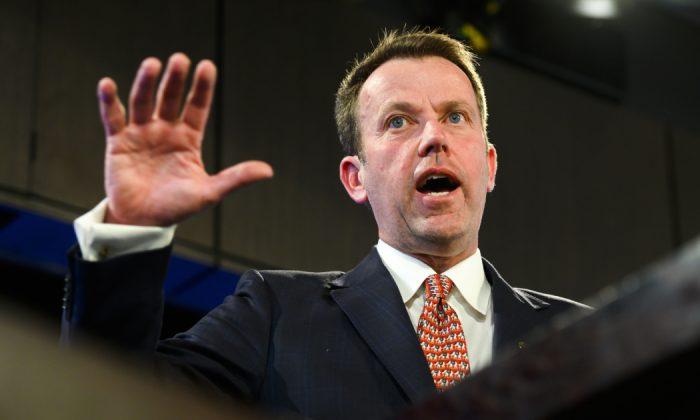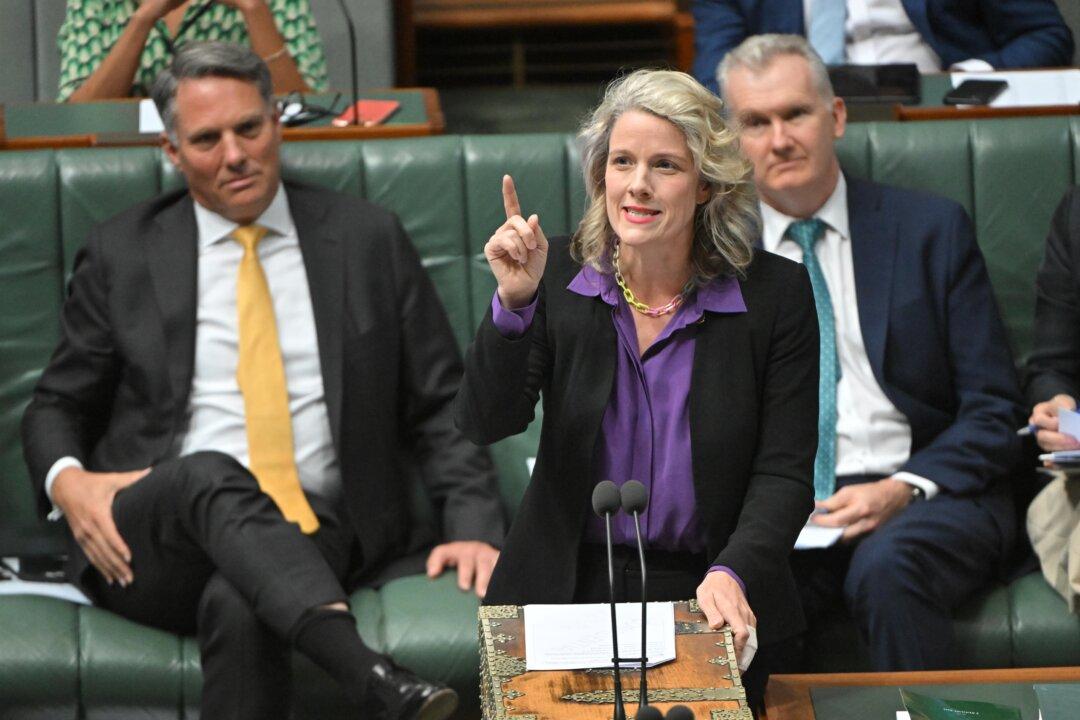The Morrison government is on the cusp of getting the final vote it needs to pass controversial university funding reforms.
Centre Alliance senator Stirling Griff, who hails from South Australia, is the key to passing the changes that are the first order of government business for the Senate on Oct. 6.
The Centre Alliance party is working with SA universities and others in the sector to find ways to improve the legislation.
Education Minister Dan Tehan told AAP on Oct. 5 the “job-ready graduates” laws would provide more university places for Australian students.
He said the bill would make it cheaper to study in areas of expected job growth and provide more funding and support to regional students and universities.
“I want to thank the Senate cross bench for their good faith negotiations. I look forward to continuing to work with the cross bench to secure passage of the legislation,” Tehan said.
Tasmanian independent senator Jacqui Lambie says the changes—which would more than double the cost of humanities degrees while cutting fees in maths, science and other areas—would hit poor people hardest.
She’s described the bill as a “dog’s breakfast” and taken aim at the government over being unable to prove its claim the package would lead to 100,000 new university places by 2030.
SA Greens senator Sarah Hanson-Young and independent Rex Patrick say Senator Griff should reject the laws.
“We believe this bill will have a negative impact on South Australia’s young people, research capacity and job creation in our state,” they said in a joint statement.
“The government’s proposed changes will be devastating long term for SA families, at a time when we actually need more options for our state’s young people to be engaged in study and training, if they are unable to work.”
The University of Adelaide has argued the bill will deliver its students a nine percent increase in HECS-HELP charges and reduce the university’s funding by 15 percent.
“Any changes (the Centre Alliance) negotiate to the bill will be like putting a Band-Aid on a broken bone,” Senator Patrick said.
Labor argues the bill cuts $1 billion from government university funding, makes degrees more expensive and prices people out of disciplines the coalition does not like.






Friends Read Free